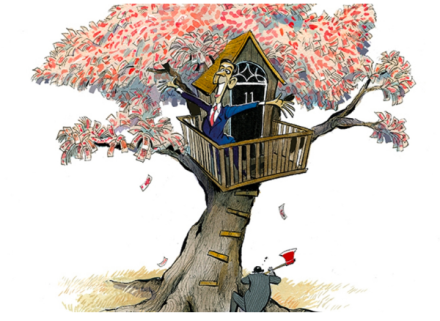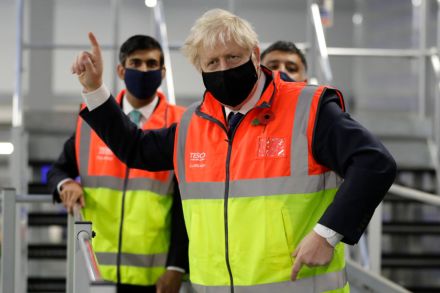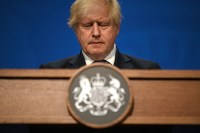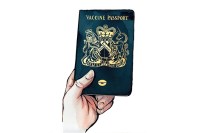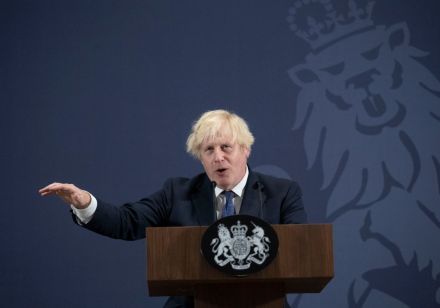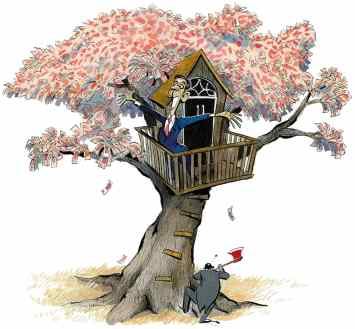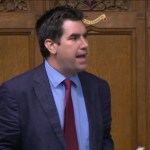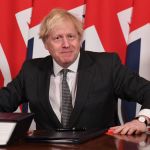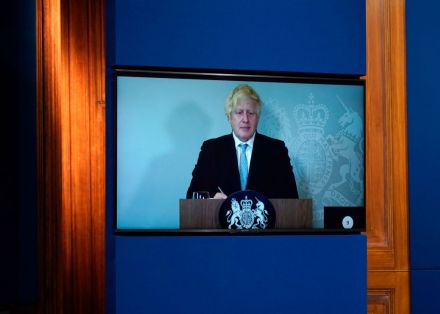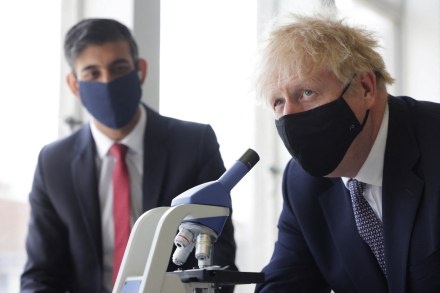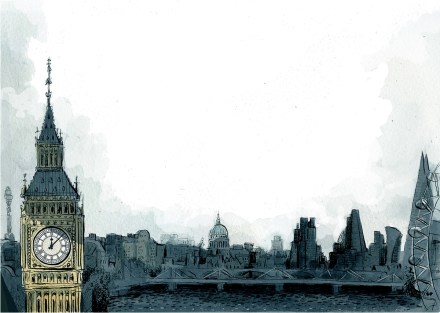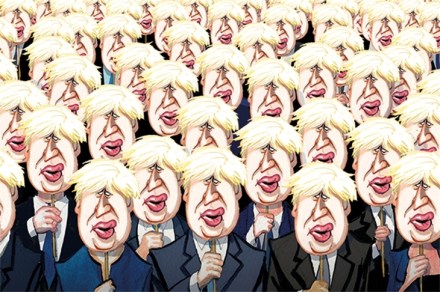Labour is picking the wrong fight with Priti Patel
The position of Home Secretary Priti Patel is clearly untenable. Presumably this means she must resign. Who says so? Why, only her Labour shadow Nick Thomas-Symonds. At least, he has said the first bit from which we can infer the second. And what has reduced Patel to this miserable status in his eyes? Could it be the fact that 18 months after she first promised to halt the cross-Channel boats that spill migrants onto our shores, there are more of them arriving than ever? No, not a bit of it. Thomas-Symonds is not interested in that. In fact, whenever he and the Home Secretary debate migration policy she runs enough



